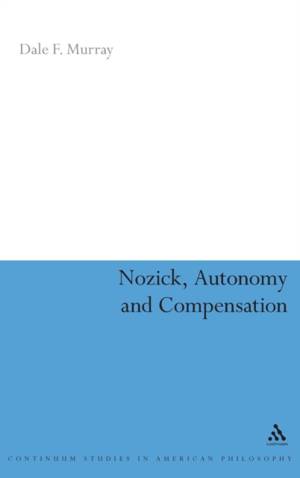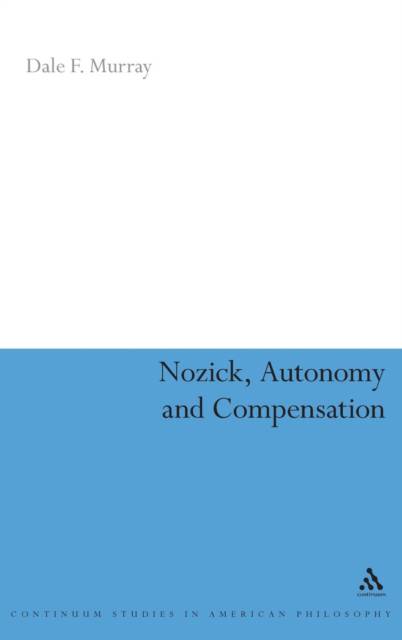
- Afhalen na 1 uur in een winkel met voorraad
- Gratis thuislevering in België vanaf € 30
- Ruim aanbod met 7 miljoen producten
- Afhalen na 1 uur in een winkel met voorraad
- Gratis thuislevering in België vanaf € 30
- Ruim aanbod met 7 miljoen producten
Zoeken
Omschrijving
Famously and notoriously, Robert Nozick argues against the welfare state in Anarchy, State and Utopia. While many academics have severely criticized Nozick's notion of a minimal state, neo-conservatives and many ordinary citizens remain convinced by his arguments for limited government. Much has been made of Nozick's critique of the welfare state, yet few philosophers have examined his views on compensation and a meaningful life. Following a brief review of different notions of rights and freedoms, Dale Murray closely examines what Nozick means by compensation, and what injustices that he thinks it can rectify. He then offers a novel reconstruction of Nozick's libertarianism in the light of this analysis - as a possible approach for more positive rights. The book also explores Nozick's unique understanding of risk and his assessment of how we can calculate it. Using health care as a test case, Murray argues that since government-funded projects have tended to worsen people's health, the state should compensate individuals for their ill health. This compensation should come in the form of providing a minimal amount of health care to its citizens. Such welfare rights, however, are not as strong as some universal health care advocates would expect. Here, Murray brings a Nozickian focus to the rationing of care to the elderly. The elderly have the most tenuous claim to a right to health care since 'autonomy' arguments for welfare rights are the hardest to make for them.
Specificaties
Betrokkenen
- Auteur(s):
- Uitgeverij:
Inhoud
- Aantal bladzijden:
- 176
- Taal:
- Engels
- Reeks:
- Reeksnummer:
- nr. 7
Eigenschappen
- Productcode (EAN):
- 9780826488862
- Verschijningsdatum:
- 15/08/2007
- Uitvoering:
- Hardcover
- Formaat:
- Ongenaaid / garenloos gebonden
- Afmetingen:
- 161 mm x 235 mm
- Gewicht:
- 426 g

Alleen bij Standaard Boekhandel
+ 678 punten op je klantenkaart van Standaard Boekhandel
Beoordelingen
We publiceren alleen reviews die voldoen aan de voorwaarden voor reviews. Bekijk onze voorwaarden voor reviews.







